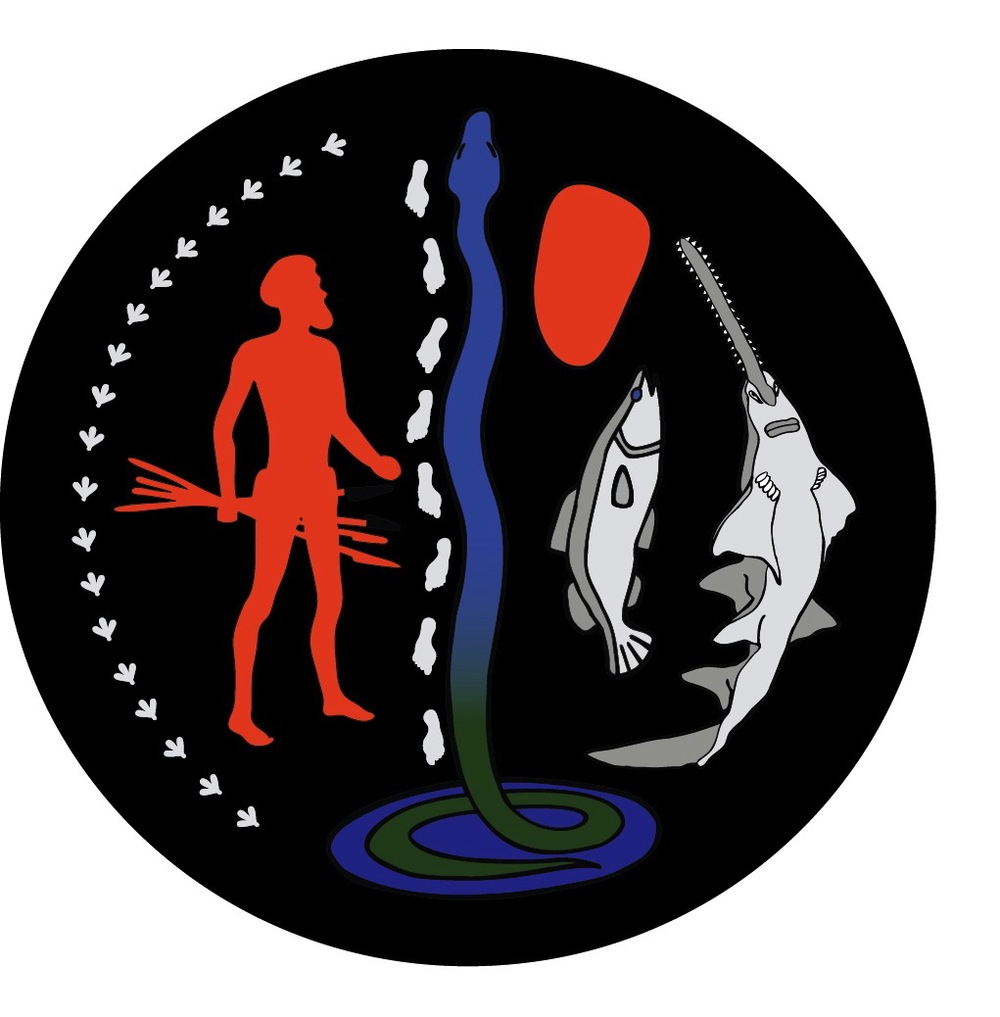“Ask not what your country can do for you – ask what you can do for your country.”
There’s talk that John F. Kennedy pinched this powerful line from an old headmaster. Whether or not this is the case, the sentiment, simply taken, remains relevant today.
Kennedy was challenging society to contribute to improving the public good.
It’s a sentiment that has also guided the work and study of Nyikina Mangala man Charles Prouse.
In 2017, with the assistance of a scholarship from The Roberta Sykes Indigenous Education Foundation and a scholarship from Walalakoo Aboriginal Corporation, Charles travelled to the US to study for a Master in Public Administration at Harvard’s esteemed Kennedy School.
He first encountered the course while participating in the Aurora Indigenous Scholars International Study Tour. The tour enabled him to talk with students and teachers to gain insight into potential post-graduate study opportunities.
The Master in Public Administration was the one opportunity that really stood out, but when it came to admission to the sought-after course, there was no special treatment. In addition to working full-time, Charles studied for eight months to sit the GMAT entry exams.
The questions are hard. Take this one, not in use anymore, from an old exam:
Is the average (arithmetic mean) of x and y greater than 20?
The average (arithmetic mean) of 2x and 2y is 48.
x = 3y
Statement (1) ALONE is sufficient, but statement (2) alone is not sufficient
Statement (2) ALONE is sufficient, but statement (1) alone is not sufficient
Both statements TOGETHER are sufficient, but NEITHER statement ALONE is sufficient
EACH statement ALONE is sufficient
Statements (1) and (2) TOGETHER are NOT sufficient
On top of this, the course’s alumni are highly distinguished: presidents, prime ministers, journalists, Nobel laureates and army majors. The former Secretary General of the United Nations Ban Ki Moon graduated from the course, as did Pierre Elliott Trudeau, former Prime Minister of Canada and father to current Prime Minister Justin Trudeau.
But Charles’ marks, combined with an impressive CV that includes positions as CEO of Supply Nation and CEO at National Aboriginal Sporting Chance Academy, saw him over the line. When he found out he’d been admitted, his first reaction was terror.
“I didn’t believe it. I really didn’t believe it,” Charles said.
His hard work had paid off, and soon, Charles was in the US studying entrepreneurial finance, learning from his peers and attending extra-curricular events like social enterprise conferences.
Among some of the subjects studied were Strategic Management for Public Purposes, Global Governance and one of his favourite classes was Black Business Leaders and Entrepreneurship at the Harvard Business School. Charles also served as a representative on the Kennedy School Student Government (https://www.hks.harvard.edu/more/student-life/student-government), helping to organise student seminars and the end of year party. All of this was part of forming a network of friends from more than 200 people in his course from around the world.
Over the 12 months Charles also considered ways Aboriginal people can participate in the 21stCentury economy.
“We have land through our native title but no capital. Aboriginal people need to be guiding development of Northern Australia, we need to be making this a reality. Should we have a sovereign wealth fund in the billions, we could build infrastructure—such as roads, ports, airports, community stores—and then charge fees to both the private and public sector for using the infrastructure on our land. That way Aboriginal people aren’t just getting one-off payments. We’re setting up a system for the future and realising business opportunities within an Aboriginal context,” Charles said.
It was a transformative experience. Charles was grateful for the exposure to big ideas, the frank conversations, and to the people who said, ‘I will help you … by telling you all the mistakes I’ve made.’
He’s been left with an overwhelming sense of the possibilities and impactful projects underway worldwide—and a feeling that he’s now even better-equipped to make a positive difference to the lives of Indigenous people here in Australia.

